শুভ নববর্ষ, ১৪২৮ || Happy Bengali New Year 1428|| Pohela Boishakh ||
Wednesday
Hello Everyone,
Hope you are well. Today is the day of pohela Boishakh & 1st Ramadan, so I am pretty good & happy for this day!
In the new year, every moment should be painted in a new way, may the days to come be beautiful and prosperous, this was the expectation for everyone.
Happy Bengali New Year, 1428!
Today, the whole world is in the grip of the global epidemic of corona virus.In this situation, the new sun of Bengal is rising in a new form which is showing us the dream of a new day. Like everyone else, we are optimistic about the new world in these difficult times.
Success-failure, joy-pain, laughter-cry are all coming to an end in this global corona epidemic. It is time to forget all the sad memories and create new happy memories. So enjoy this happy day of Pohela Boishakh with your family happily. Be as careful as possible. Good luck to everyone!
Pohela Boishakh is the first day of the Bengali year. This day is celebrated as New Year in Bangladesh. It is a universal folk festival of Bengalis. On this day, the new year is welcomed in a joyous atmosphere. New Year is a symbol of welfare and new life. Forgetting the guilt of past mistakes and failures, the New Year is celebrated with new wishes for happiness, peace and prosperity.
At one time New Year was celebrated as seasonal festival. At that time agriculture was closely related to it, because agriculture was seasonal. For the convenience of this agriculture, the Mughal Emperor Akbar introduced the Bengali year on 10/11 March 1584 AD and it came into effect from the time of his accession to the throne (5 November 1557). The Bengali year was introduced on the basis of Hijri lunar year and Bengali solar year. The new year was first known as 'Fasli San', later it was known as Bangabda.
The celebration of Bengali New Year started from the time of Akbar. At that time the peasants of Bengal used to pay the rent of zamindars, talukdars and other landlords till the last day of Chaitramas.The next day, on New Year's Day, the landlords would feed them sweets.On this occasion fairs and other events were organized. Gradually, the Pohela Baishakh became a joyous and festive one, merging closely with family and social life, and the Bengali New Year was celebrated as a happy day.
In the past, the main festival of Bengali New Year was Halkhata. This is purely an economic matter.Merchants in villages, towns and cities used to open their new accounts at the beginning of the new year after completing their old accounts. On this occasion, they would distribute sweets by inviting new and old customers and establish new business links with them. This traditional event is still celebrated today.
The New Year festival is closely associated with the rural life of Bengal, so the day is especially significant for the common people of the village. Usually on New Year's Day, they keep the house clean, wash the utensils, and take a bath in the morning. On this day, they think that being able to eat well, stay well and dress well is good for the future. Relatives, friends and neighbors visit the house on New Year's Eve. Sweet-pitha-payesasaha various folk food making fumes fell. New Year's greetings are exchanged with each other. New Year's greetings are also exchanged by giving gifts to loved ones, which is now common in urban areas as well.
Another important practice in Prahela Boishakh is to eat Pantha Hilsa. Hilsa fish is a part of our national tradition. Accordingly, on the first day of the year, everyone eats Pantha Hilsa to welcome the New Year.
New Year is a festival of universal life deeply rooted in Bengali culture. This is how the essence of his consciousness, character and aspiration resonates in the voice of a Bengali. Even after innumerable storms, there was no permanent separation from the original motivation of the Bengalis. From time to time new dimensions are being added to this festival of uniting people of all professions, religions and castes, including the peasants and merchants of Bangal. The ‘Mars parade’ on the occasion of the New Year is a brilliant addition to this new dimension.
The land-children of Greater Bengal are Bengalis and the culture is just going on.The acquired use or habit or practice of the human species is a form of contemporary culture. The ‘Mars parade’ of fine arts captures the essence of contemporary and vibrant Bengali culture quite clearly. In the trend of self-development, there are conflicts and conflicts of Bengalis, there are attempts to remedy the disorder, there are ups and downs, freedom and subjugation.Utsab Parvan is carefully cultivating the mindset of Bengalis in entertainment.
Thanks for all guys .I Hope everyone like My little experience.
Stay Safe. Stay healthy!!
Good luck to everyone!!
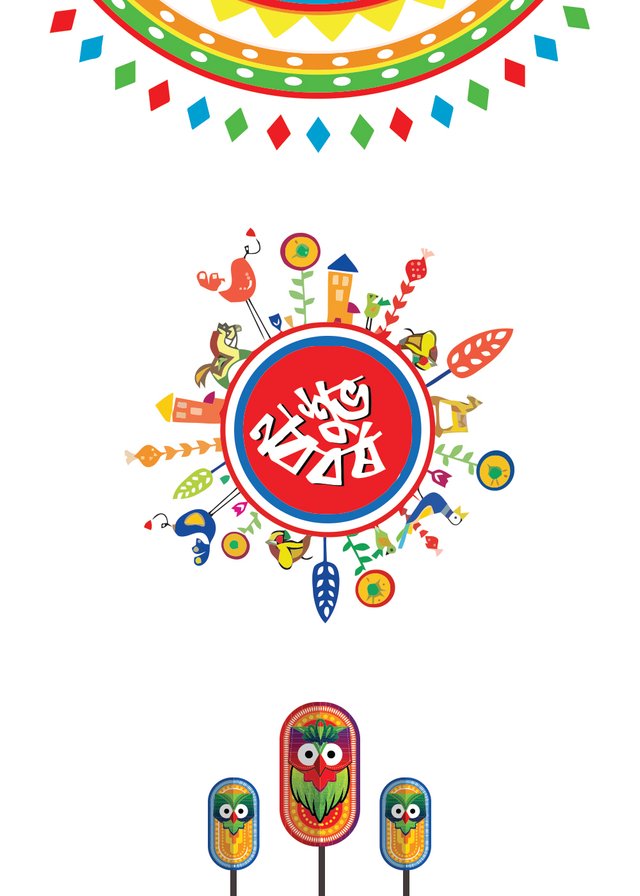
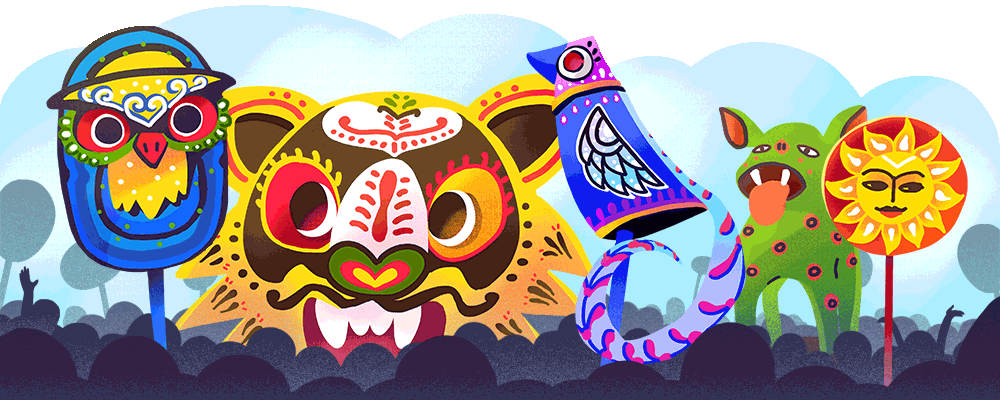
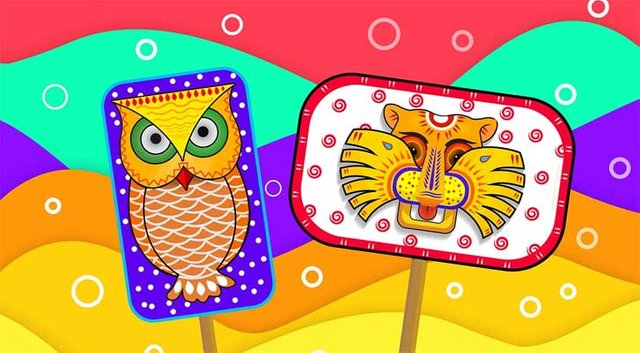
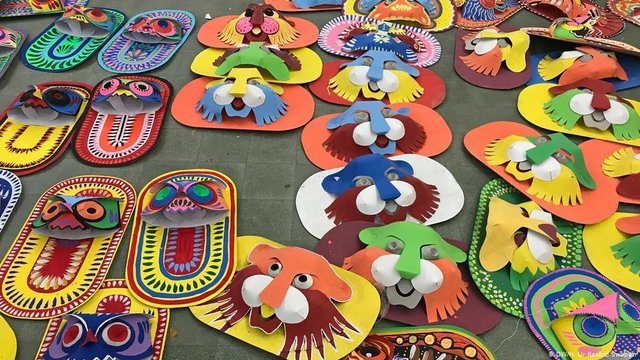
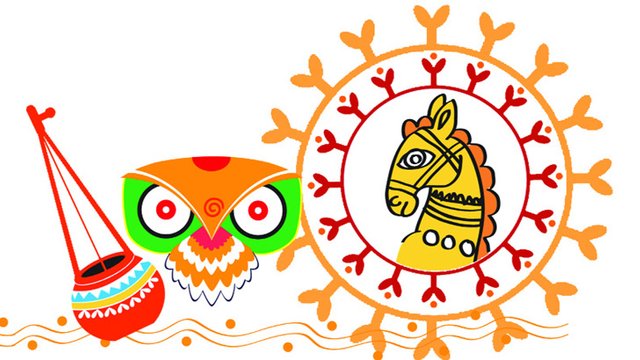
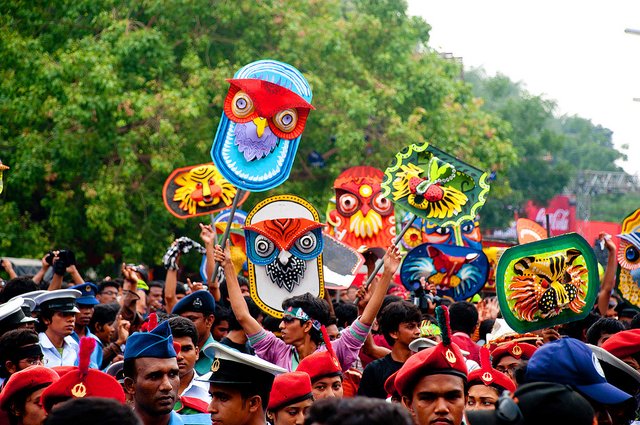
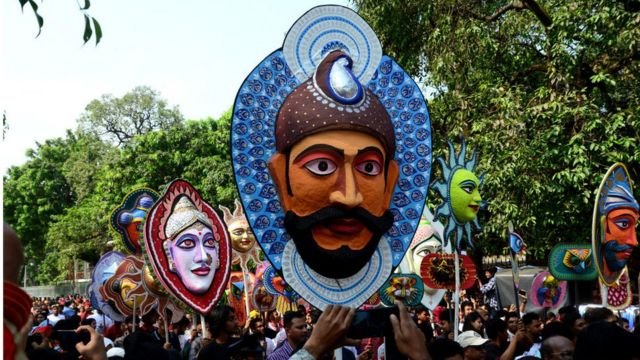
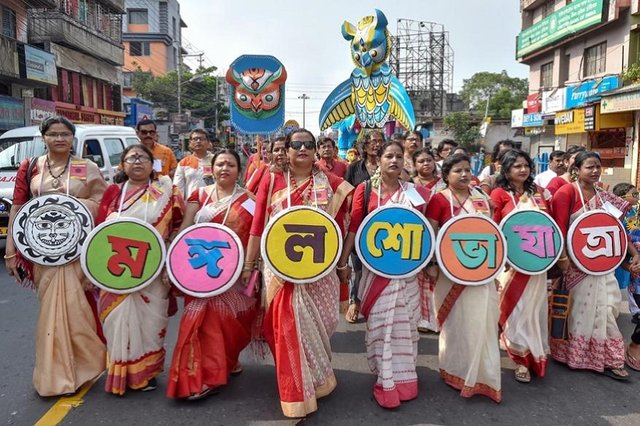
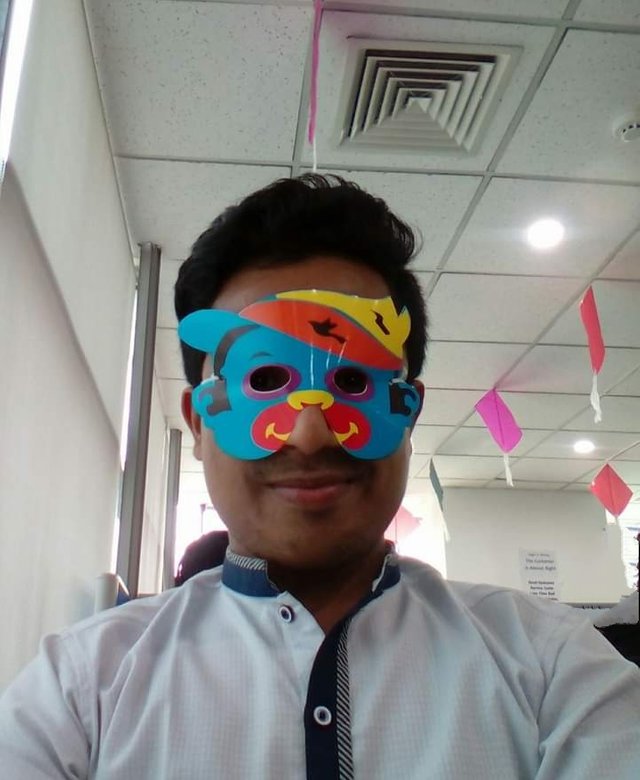
https://twitter.com/msi_shishir/status/1382127854771527680?s=19